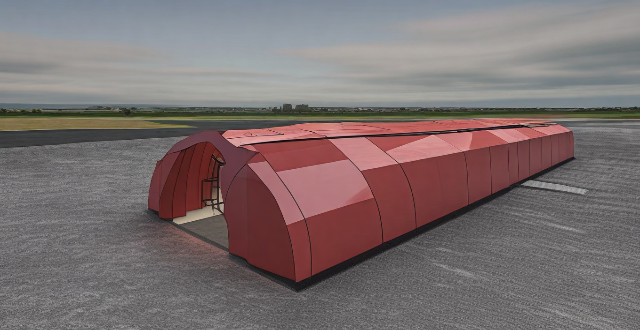Managing logistics for sports events involves transportation, accommodation, and catering for athletes and officials. Sports event organizers arrange airport transfers for athletes and officials arriving from different locations and provide shuttle services between the event venue, hotels, and training facilities. They also allocate sufficient parking space near the event venue and collaborate with local authorities to enhance public transportation options during the event. For accommodation, they negotiate group rates with nearby hotels and book rooms in advance for athletes and officials, considering their preferences such as single or double occupancy rooms, smoking or non-smoking rooms, and special dietary requirements. They also provide information about nearby hotels and their availability on the event website or through a dedicated hotline and establish partnerships with hotels to offer discounted rates to spectators attending the event. In terms of catering, they create meal plans tailored to the nutritional needs of athletes and officials, address any dietary restrictions or allergies by offering customized meal options, set up concession stands at strategic locations within the event venue to cater to the needs of spectators, and provide catering services with a wider selection of food and beverages for premium seating areas or VIP lounges. Overall, managing logistics for sports events requires careful planning, coordination, and execution to create a seamless experience for all involved parties.

Managing Logistics for Sports Events
Organizing a sports event involves managing various logistical aspects to ensure the smooth functioning of the event. This includes transportation, accommodation, and catering for athletes and officials. Here's how sports event organizers manage these logistics:
Transportation
Athletes and Officials
- Arrival and Departure: Arrange airport transfers for athletes and officials arriving from different locations. Coordinate with local transportation providers to ensure timely pickups and drop-offs.
- Event Venue Transfers: Provide shuttle services between the event venue, hotels, and training facilities. Ensure that the shuttles are comfortable, reliable, and have adequate capacity.
Spectators
- Parking: Allocate sufficient parking space near the event venue and provide clear signage to guide spectators. Offer valet parking services if possible.
- Public Transportation: Collaborate with local authorities to enhance public transportation options during the event, such as increased frequency of buses or additional train services.
Accommodation
Athletes and Officials
- Hotel Bookings: Negotiate group rates with nearby hotels and book rooms in advance for athletes and officials. Ensure that the hotels are conveniently located and provide necessary amenities.
- Accommodation Preferences: Consider the preferences of athletes and officials, such as single or double occupancy rooms, smoking or non-smoking rooms, and special dietary requirements.
Spectators
- Information Dissemination: Provide information about nearby hotels and their availability on the event website or through a dedicated hotline. Offer recommendations based on budget, location, and amenities.
- Partnerships: Establish partnerships with hotels to offer discounted rates to spectators attending the event. Promote these offers through various channels, such as social media and email newsletters.
Catering
Athletes and Officials
- Meal Plans: Create meal plans tailored to the nutritional needs of athletes and officials. Include breakfast, lunch, dinner, and snacks throughout the day.
- Dietary Restrictions: Address any dietary restrictions or allergies by offering customized meal options. Work closely with nutritionists and chefs to ensure that all meals meet the required standards.
Spectators
- Concession Stands: Set up concession stands at strategic locations within the event venue to cater to the needs of spectators. Offer a variety of food and beverage options, including healthy choices and vegetarian/vegan options.
- Catering Services: For premium seating areas or VIP lounges, provide catering services with a wider selection of food and beverages. Hire professional caterers to handle this aspect and ensure high-quality service.
In conclusion, managing logistics for sports events requires careful planning, coordination, and execution. By focusing on transportation, accommodation, and catering for athletes, officials, and spectators, sports event organizers can create a seamless experience for all involved parties.